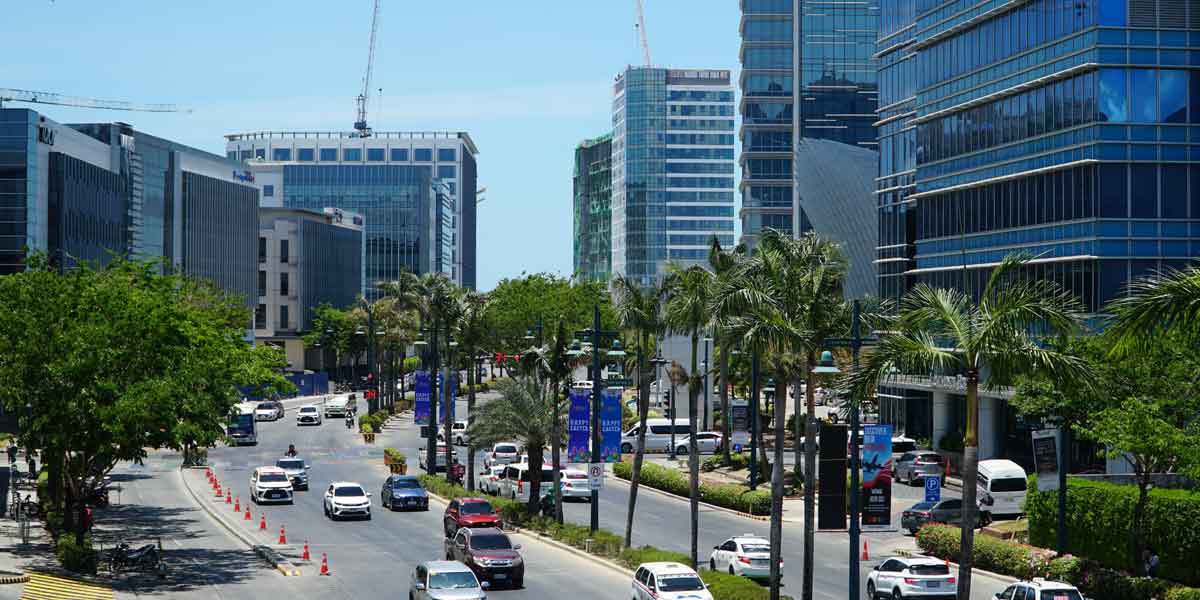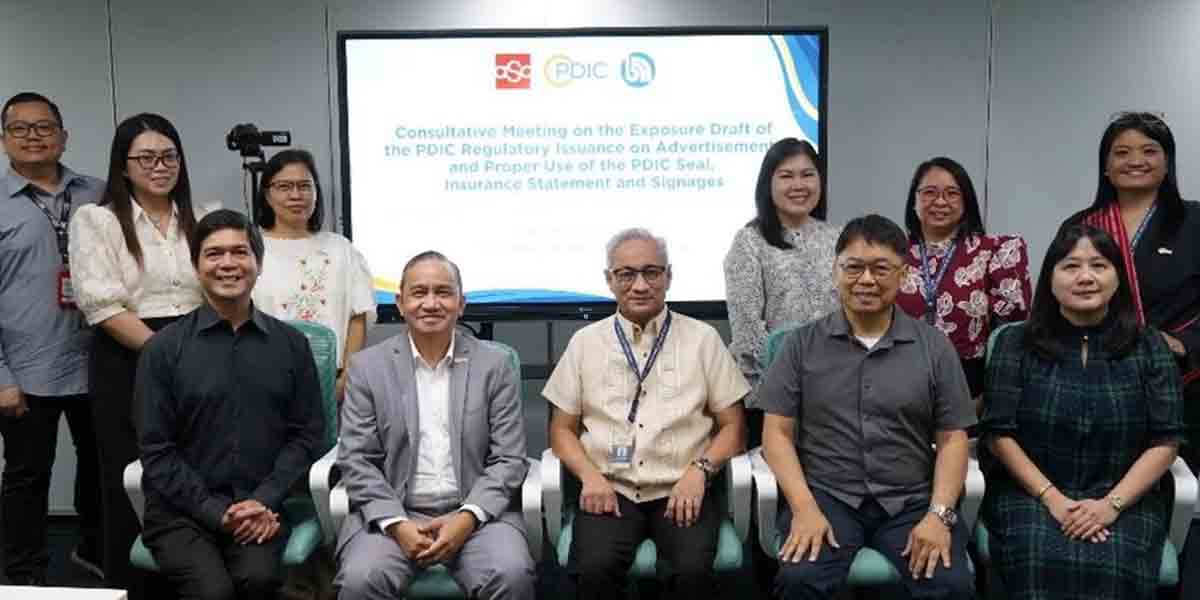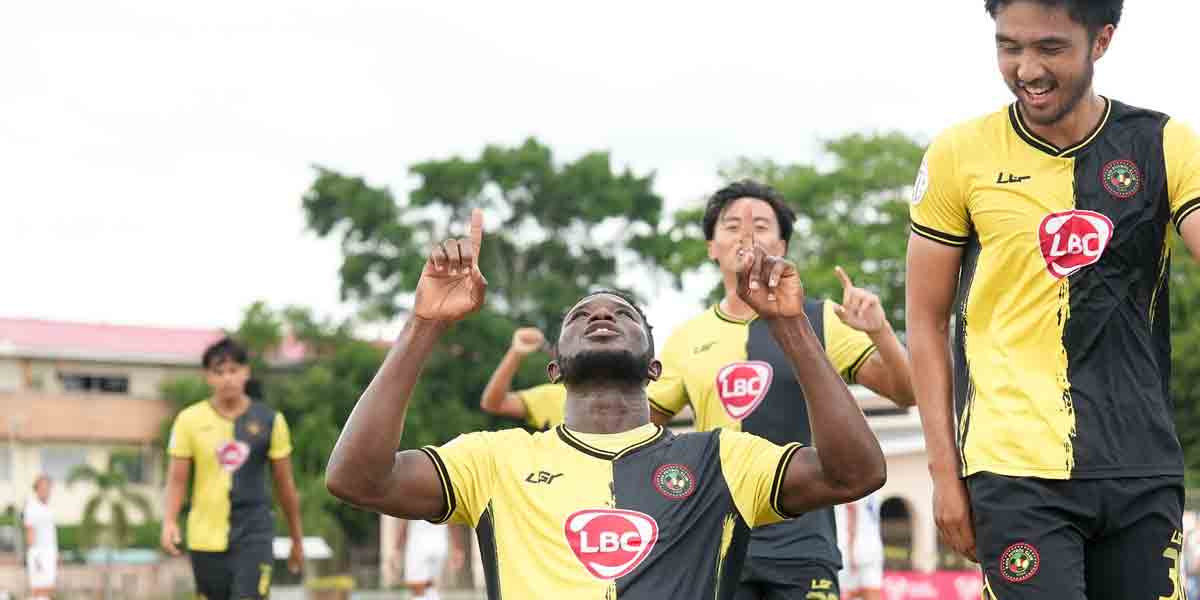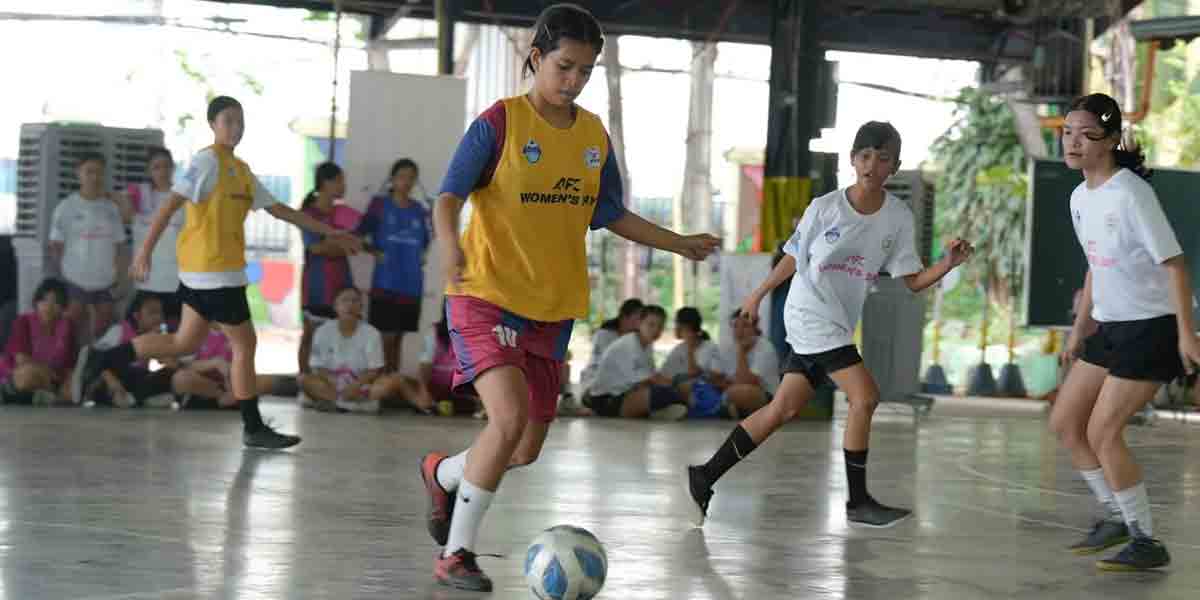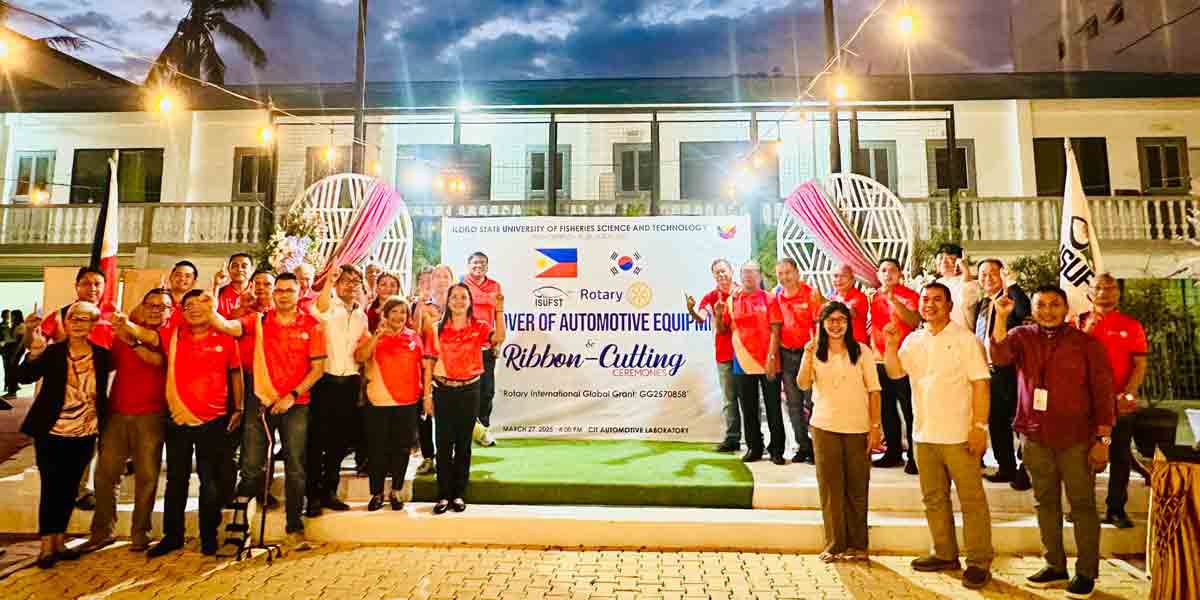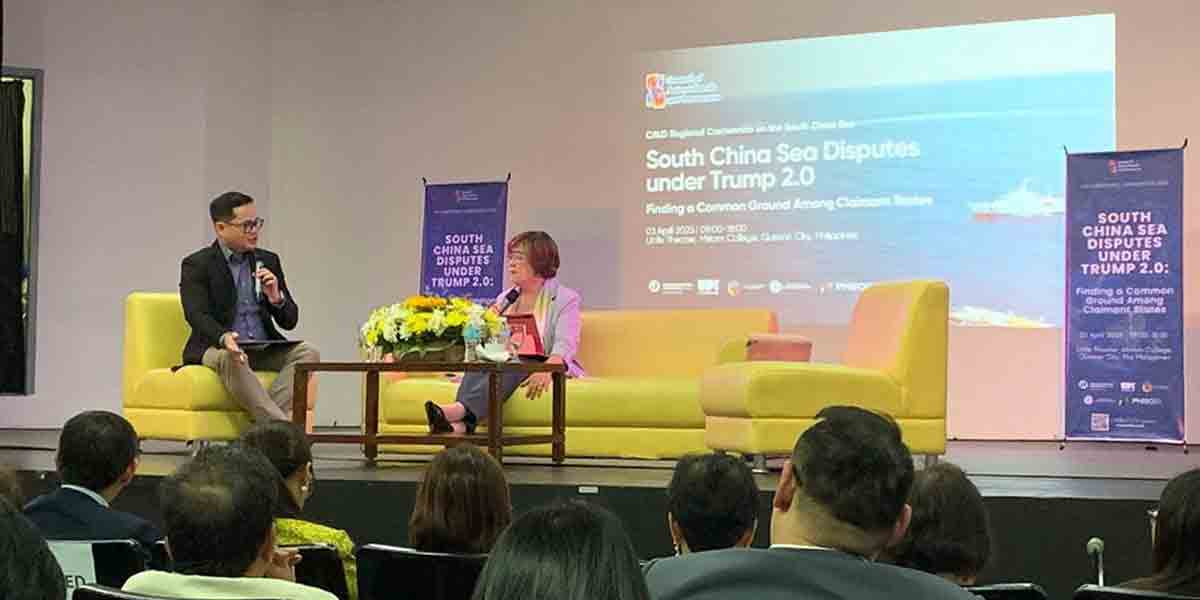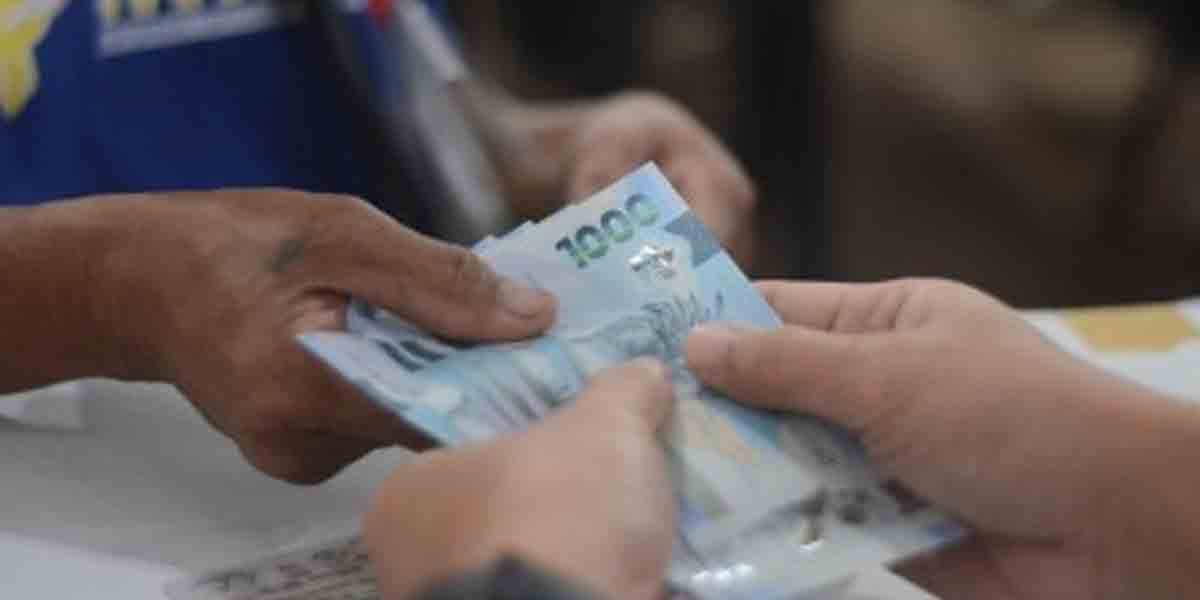
By: Emme Rose Santiagudo
The commemoration of the 163rd birthday anniversary of Ilonggo hero and journalist Graciano Lopez Jaena on Dec 18, 2019 became even more meaningful as it happened a day before the promulgation of the decision on the Maguindanao massacre which is reputed as the worst attack on journalists in the world.
With the incessant attacks on journalists and the unbridled disinformation that is sometimes perpetrated by people in government, some are questioning if press freedom in the Philippines is still relevant and worth fighting for.
December 18 is a special public holiday in the city and province of Iloilo in honor of the birth of Lopez Jaena.
A son of Jaro, Iloilo City, Lopez Jaena is recognized as the first Filipino propagandist who rallied and sought Philippine independence from Spain alongside other national heroes such as Dr. Jose Rizal and Marcelo H. Del Pilar.
He was a brave defender of press freedom and used the power of the pen to write powerful literary pieces that exposed oppression and injustice against Filipinos during the Spanish colonization, particularly corrupt friars.
The Ilonggo hero founded the fortnightly newspaper, La Solidaridad and made notable literary contributions such as the “Fray Botod,” La Hija del Fraile (The Daughter of a Friar), and Esperanzas (Hope) which echoed the fight of Filipinos for equal rights.
Historian and Iloilo Provincial Board Member Demy Sonza, chairman of the Dr. Graciano Lopez Jaena Foundation, said the life of Lopez Jaena as a journalist and a writer and his fight for freedom remains relevant to this day.
While the two eras are completely different, Sonza said the historic past and present situation of the country prove that press freedom should always be upheld.
“Indi man sila pareho gid but there is still somehow similarities kay kinahanglan naton mangin vigilant para ang aton press freedom indi madula,” he said on Tuesday.
Lopez Jaena wanted Filipinos to enjoy equal rights, press freedom, and freedom of speech.
Nowadays, “fake news” and forces that manipulate the media are rife and continue to threaten press freedom in the country, Sonza said.
“The media is the fourth estate and once we lose the freedom of the press, we lose the fourth branch of the government that voice out the calls and appeals of people and the upholders of truth,” he added.
On Wednesday, the city government, Dr. Graciano Lopez Jaena Foundation, civil society organizations, and schools in Jaro gathered at the Graciano Lopez Jaena shrine in Jaro plaza to commemorate his 163rd birthday anniversary. Apart from wreath offering, various groups showcased cultural performances.
After the celebration, Ilonggo journalists, religious, and cause-oriented groups offered an ecumenical prayer for the 58 victims, including 32 journalists, of the Ampatuan Massacre in November 2009.
Today, Dec 19, 2019, Judge Jocelyn Solis-Reyes of the Regional Trial Court Branch 221 in Quezon City will promulgate her decision on the 10-year case.
On Nov. 23, 2009, 58 persons were killed in Ampatuan town, Maguindanao province. The victims included 32 journalists and media workers, two lawyers, six motorists passing the same route, and the wife and sisters of Esmael “Toto” Mangudadatu, at that time the vice-mayor of Buluan town in Maguindanao.
The Mangudadatu women were on their way to Shariff Aguak to file Toto’s certificate of candidacy for the 2010 gubernatorial elections. The convoy included media practitioners, and members of the community press, including broadcasters from TV and radio.
The media practitioners and workers — many of them from General Santos City and Koronadal City — were covering the filing of Mangudadatu’s certificate of candidacy, which his wife, Genalin, would accomplish on his behalf. The case also exemplified the violence that tars the record of elections in the country.
The Ampatuans were the ruling clan in Maguindanao: Andal Ampatuan Sr. was governor of the province and Andal Jr., or Datu Unsay, was mayor of Ampatuan town.
Mangudadatu’s challenge was news, a story that concerned not only the local community, but also the national public. Then-President Gloria Macapagal Arroyo publicly acknowledged the Ampatuans as important allies, making them powerful partisans in national politics.
The convoy led by Genalin Mangudadatu drove through a route manned by police checkpoints. Implicated in the killings, officers of the Philippine National Police (PNP) were among those charged, including P/CInsp. Sukarno Dicay, at that time the chief of the 15th Regional Mobile Group, as well as at least 60 other policemen, and several members of the Ampatuan clan.
Datu Unsay was charged with murder. This meant that the prosecution had to prove that, not only did he kill the victims, but that he did it in such a way as to ensure impunity. The elements of murder include treachery and the use of superior strength. The prosecution also alleged conspiracy, which meant that each of the accused may be accountable for the violence committed by the others: the conspiracy if proven would make the crime of one the crime of all. (With information from Center for Media Freedom and Responsibility)



